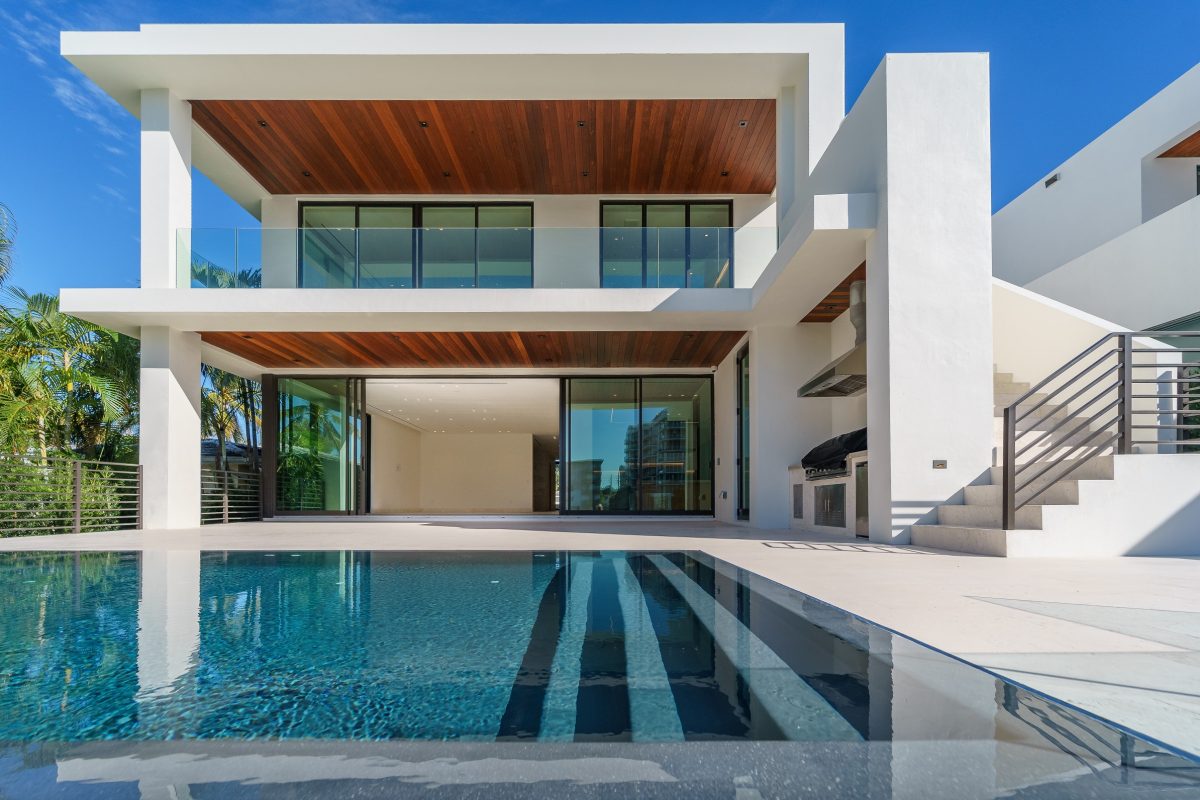In 2022, the value of all global real estate – comprising residential and commercial real estate, and agricultural land – reached $379.7 trillion, maintaining the asset’s position as the world’s most significant store of wealth.
This is according to research by global real estate services provider, Savills, who point out that real estate is more valuable than all 2022 global equities ($98.9 trillion) and debt securities ($129.8 trillion) combined, and almost four times that of global GDP ($100.6 trillion). The value of all the gold ever mined, by comparison, stands at $12.2 trillion – just 3% of the value of global real estate.
Notwithstanding the fact that overall, the total value of global real estate in 2022 decreased 2.8% from 2021, when it was $390.5 trillion, it is still up 18.7% on 2019 pre-Covid levels. Growth across all asset classes (real estate, equities etc) slowed in 2022 compared to 2020-2021, according to the international real estate advisor, as inflation rose and interest rates spiked.
Comments Dr Andrew Golding, chief executive of the Pam Golding Property group, which is Savills’ exclusive residential real estate partner in Africa: “Positively however, according to the research report, the value of all sectors of real estate, remain up on their 2020 levels. Notably, in terms of the different property sectors, residential is by far the largest, accounting for 76% of all global real estate value, and its value stood at $287.6 trillion in 2022, a decrease of 1.6% on 2021 levels ($292.2 trillion). Here in South Africa, it is estimated that residential property is notionally worth some R6.6 trillion (approximately USD343 billion).”
Savills says that commercial real estate value stands at $50.8 trillion (2021 comparison: $51.7 trillion), comprising 13% of total real estate value, and ahead of the total value of agricultural land at $41.3 trillion (2021 comparison: $46.6 trillion) which accounts for 11%.
Paul Tostevin, head of Savills World Research which carried out the analysis, comments: “Despite upheavals in the markets, and some speculation about the future of some sectors, real estate as a whole continues to be the largest concentration of wealth in the world.
Says Tostevin: “Residential property dominates, and between 2019-2022 its value grew 21.1% – only outperformed by gold – as it benefited from ultra-low interest rates over this period, coupled with a focus on the home in many countries during lockdowns. It’s clear that given the under-developed nature of real estate in some locations, on a long-term basis growth will continue as more stock is added around the world.”
Value growth by asset
Floating USD exchange rates, Source: Savills Research
As of 2022, China was the world’s most valuable real estate market, accounting for 26% of total global real estate value (residential and commercial), followed by the United States which accounts for 19%. Savills notes, however, that Canada (7th) and Australia (10th), both countries that have seen significant growth in residential prices in recent years, rank ahead of much more populous nations for total real estate value. India, the world’s most populous country, is in 14th position by value, demonstrating the potential for future growth in this market.
Adds Dr Golding: “Being a nation with a predominantly youthful population, there is a positive demographic dividend for the South African residential market as the proliferation of new, smaller households in the key urban areas ensures ongoing, strong demand for accommodation. Increasingly this is being met via the conversion of commercial properties into mixed-used residential developments as well as new homes in coastal provinces as a result of semigration, but either way, South Africa’s youthful demographic profile will provide a fundamental underpinning for the local residential market as the influx of new, young homeowners ensures ongoing demand, in turn facilitating the movement of existing homeowners up the property ladder.”
Original Article: https://www.myproperty.co.za/news/market-and-opinion/residential-real-estate-represents-the-world-s-most-significant-store-of-wealth-03-10-23











